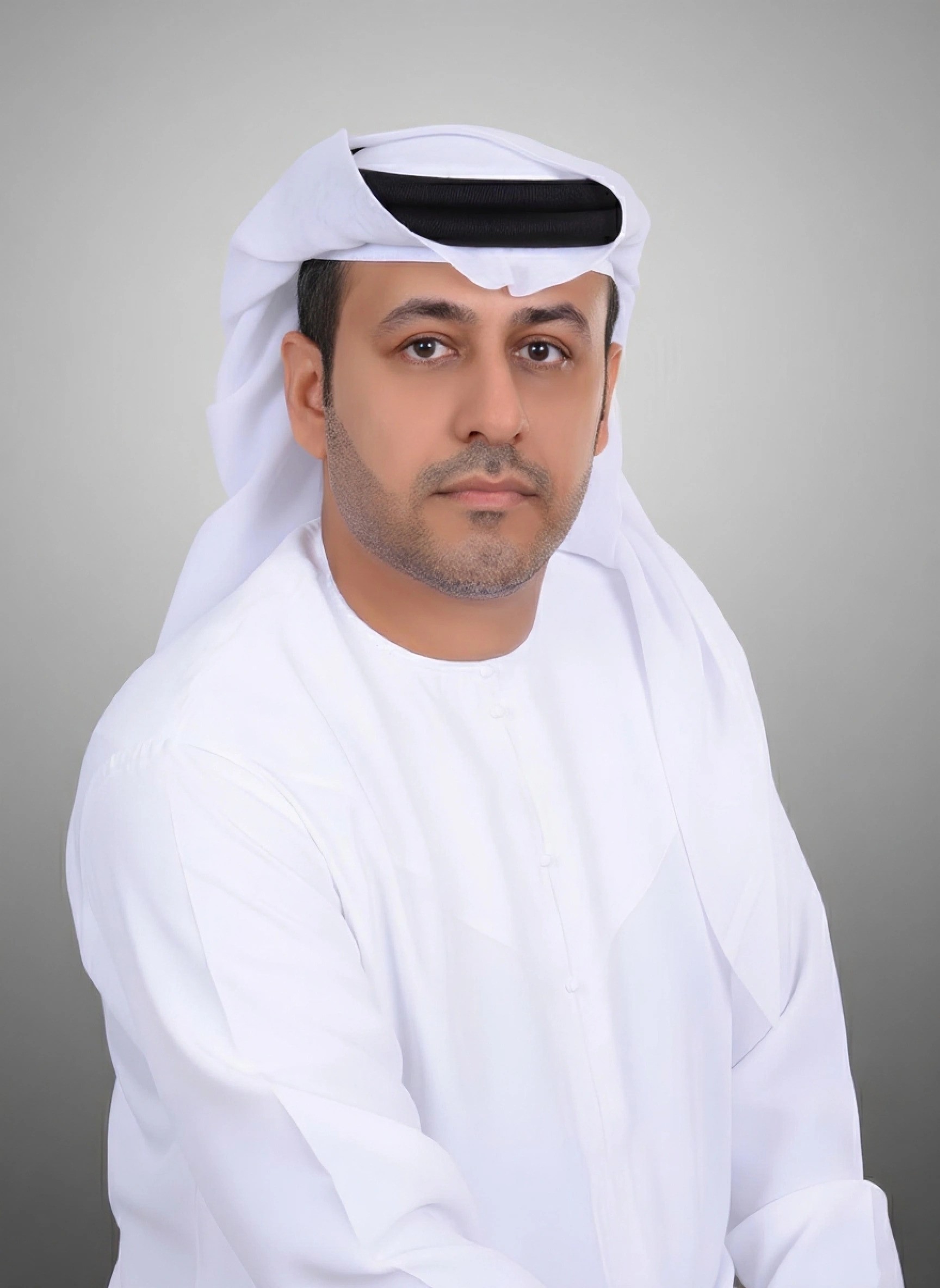As nations grapple with rising cyber threats, the UAE is taking decisive steps to assert its digital sovereignty — a concept Lt. Colonel Al Shebli calls “a cornerstone of national independence and strategic stability.” In an exclusive interview, the Deputy Director of the Digital Security Department at the Ministry of Interior said the UAE’s focus on “self-reliance, secure cloud adoption, and national hosting standards” ensures that critical data and platforms remain under national control — building what he calls “the most valuable currency in the digital age: public trust.”
Excerpts from the interview
With the increasing reliance on digital infrastructure, how is the UAE addressing digital sovereignty to protect its critical assets and data from external threats?
Digital sovereignty, in my view, is no longer a technical concept — it’s a cornerstone of national independence and strategic stability. The UAE has been remarkably forward-thinking in this domain, ensuring that data, platforms, and systems critical to our nation’s wellbeing remain under national jurisdiction and governance. I’ve witnessed first-hand how the country’s digital frameworks have evolved to emphasize self-reliance, secure cloud adoption, and national hosting standards that protect both government and private data. This direction not only strengthens our defenses but also builds public trust — the most valuable currency in the digital age. Ultimately, sovereignty in cyberspace means shaping our own digital destiny, guided by local values, secured by local capabilities, and trusted by our citizens.
Looking ahead, how do you foresee technologies like quantum computing impacting the cybersecurity landscape, and what steps is the UAE taking to prepare for these advancements?

Quantum computing is both the next great enabler and the next great disruptor. It will revolutionize problem-solving, but it will also challenge the cryptographic foundations that protect today’s data and communications. The UAE’s strength lies in its foresight — investing early in research, policy frameworks, and capacity building around post-quantum security. I’ve always believed that we must think in decades, not quarters, when it comes to technology readiness. That’s why the country’s engagement with quantum-safe encryption, advanced AI research, and collaboration with local institutions like TII and MBZUAI is so critical. We are not waiting for quantum to arrive — we are preparing to lead when it does.
Collaboration between the public and private sectors is crucial for robust cybersecurity. How are such partnerships helping to enhance national cyber resilience?
Cyber resilience today depends less on who owns the systems and more on how well we collaborate across them. In the UAE, I’ve seen an extraordinary spirit of partnership between government entities, private industry, academia, and even individual innovators. The strength of our national ecosystem lies in its willingness to share intelligence, harmonize policies, and jointly respond to emerging threats. From my perspective, cybersecurity is no longer a siloed domain — it’s an ecosystem of shared accountability. When the public and private sectors move in lockstep, guided by a unified vision of digital trust, we transform fragmented defenses into a collective shield for the nation.
As cyber threats grow more sophisticated, how is AI and advanced analytics transforming the cybersecurity landscape?
AI has completely redefined how we approach cyber defense. We’ve moved from traditional, rule-based detection to predictive and adaptive models that learn, evolve, and anticipate attacks before they occur. Personally, I see AI not as a replacement for human expertise, but as an amplifier of it — allowing security teams to focus on strategy, creativity, and high-impact decisions. In the UAE, the integration of AI into national infrastructures has been both disciplined and visionary, ensuring that technology serves ethics, not the other way around. The balance between human judgment and machine intelligence will define the future of cybersecurity — and I believe the UAE is setting a strong global example in that balance.
Events like GISEC Global play a vital role in uniting government, industry, and academia. How do such platforms contribute to advancing the UAE’s national cybersecurity agenda?
GISEC Global has become more than just an exhibition — it’s the heartbeat of the region’s cybersecurity ecosystem. Every year, it brings together thinkers, innovators, and decision-makers who share one vision: to make the digital world safer and more resilient. Personally, I value these platforms for their ability to connect ideas with action. They allow us to exchange insights, inspire young professionals, and collectively shape the policies and technologies that secure our future. For the UAE, such gatherings reinforce our role as a global hub for cybersecurity collaboration, where knowledge is shared, partnerships are forged, and the future of digital trust is written.
Looking ahead, how do you see the cybersecurity market evolving over the next 3–5 years, and what opportunities exist for local and international businesses to support the UAE’s digital resilience?
The cybersecurity market is evolving from reactive defense to intelligent resilience. In the coming years, we’ll see deeper convergence between AI, cloud, and operational technology — alongside stronger demand for sovereign and ethical cybersecurity solutions. I believe the UAE will continue to lead by example, not only by adopting cutting-edge technologies but by nurturing its own cybersecurity talent and startups. The real opportunity for both local and global players lies in collaboration — co-developing solutions, building R&D capacity in the UAE, and aligning innovation with national resilience goals. What excites me most is seeing cybersecurity evolve from a niche discipline into a national enabler of economic growth, innovation, and global competitiveness.








